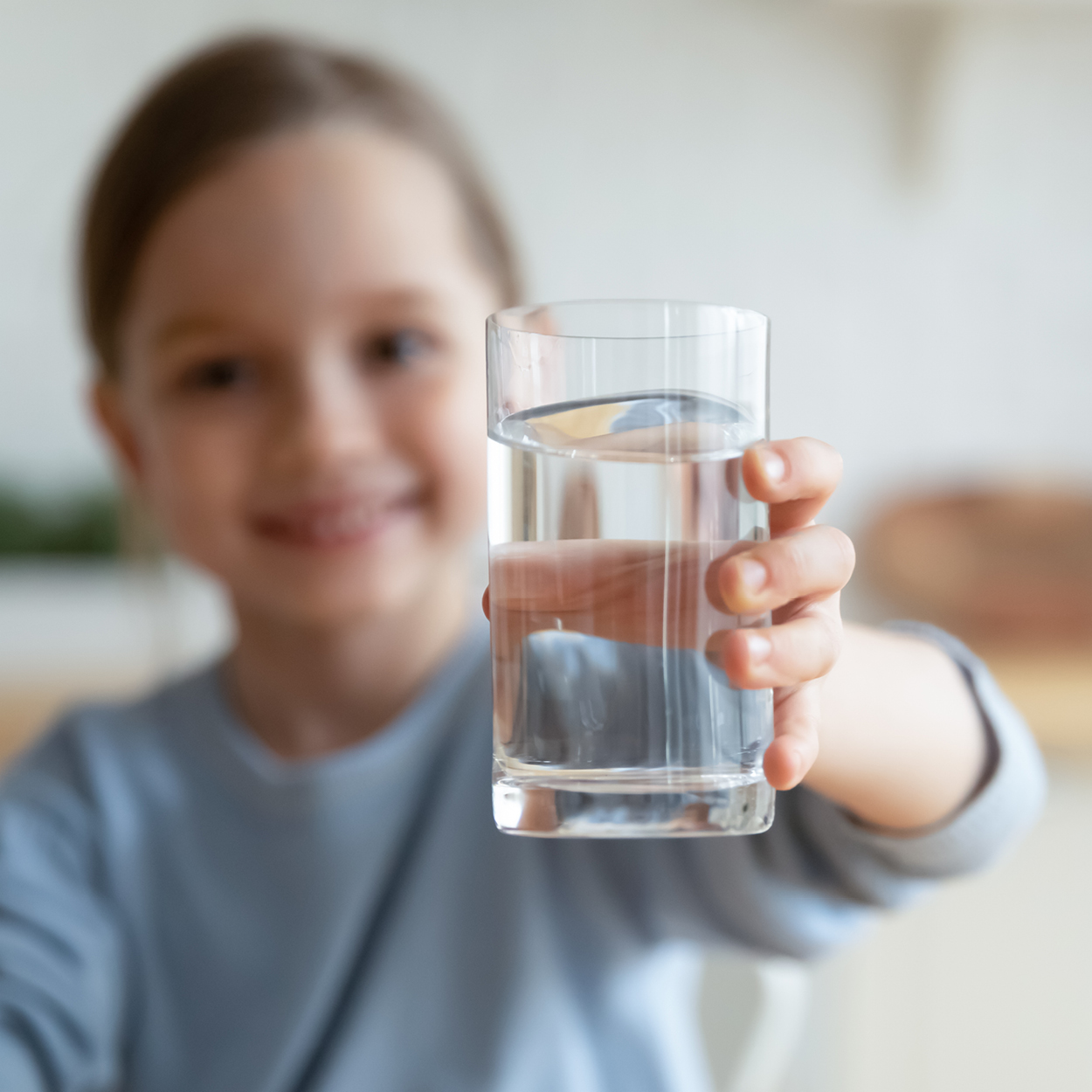Drink Water and Stay Hydrated
Drinking plenty of water is a simple yet vital part of maintaining good health. If you don’t drink enough water each day, you risk becoming dehydrated. Warning signs of dehydration include weakness, low blood pressure, dizziness, confusion, or urine that’s dark in color. Water has no calories, so it can also help with managing body weight and reducing calorie intake.
What are the health benefits of drinking water?
Promotes cardiovascular health – When we are well hydrated, the heart can pump blood through the body more efficiently and reduce strain on our heart. Proper hydration is particularly important for those that have existing heart troubles or who have a higher risk of heart disease.
Increases energy and brain function – Studies show that hydration plays a crucial role in how well the brain functions. Mild hydration causes issues with mood concentration, headaches, memory, fatigue, anxiety, and overall brain performance. Daily activities also cause water loss, and it is recommended that you carry a water bottle everywhere you go.
Helps joints and muscles function correctly – Water lubricates your joints. Cartilage is 80% water, so if you become dehydrated it can lead to pain in the joints. Water also helps to cushion sensitive tissues such as the spine and brain.
Cleanses your body – You need water for sweat and, to make it easier to urinate and have comfortable bowel movements.
Tips on staying hydrated
Achieving a well-hydrated body is easy. Your first step is to
- Drink water multiple times throughout the day. Get a reusable water bottle with a straw and fill it with plain water. Sometimes using a straw is easier, and you might be surprised at how much you drink.
- You can also get water from fresh fruits and vegetables, so it is ideal to eat a good portion of them daily.
- Eat soft, wet foods that have high water content. These can be foods like yogurt, gelatin desserts, pureed fruit, and custard.
- Freshen up your water. Sometimes adding a few slices of lemon or orange or some ice cubes can give water a fresh taste. This can make it easier to drink more.
- Take sips of water between bites of your meal. Take some time to add fluids while you eat. These sips can add up to better hydration.
To ward off dehydration, drink fluids gradually, throughout the day. Each person’s hydration requirements are different, dependent on factors like age, body weight, medical history, health conditions, and medications being taken.

